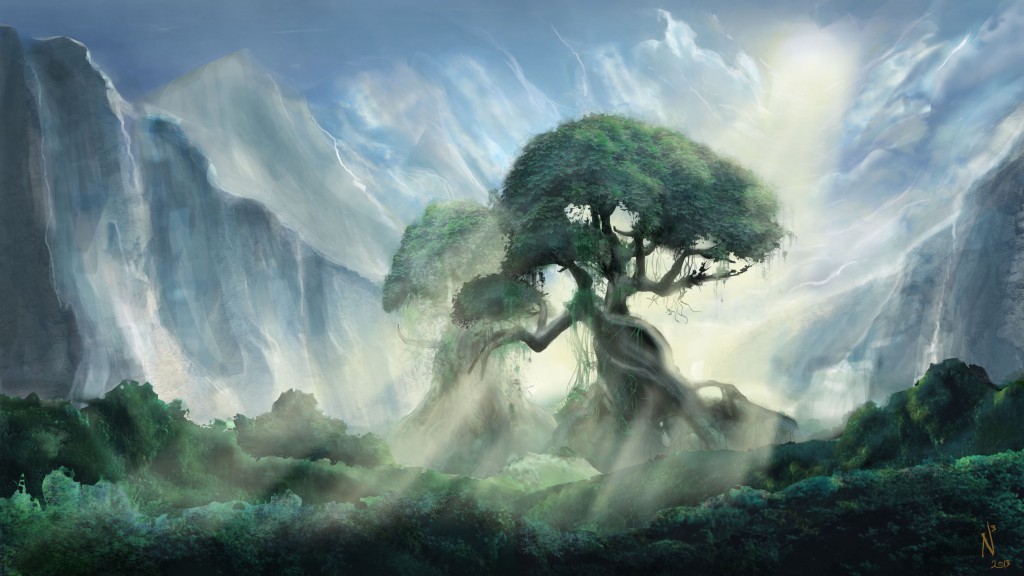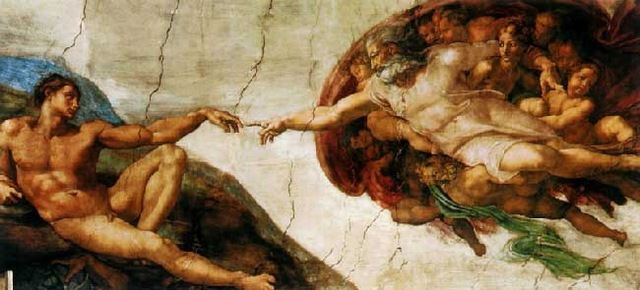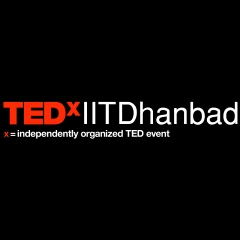Legends, Fables, Myths – no matter how outrageously improbable they may seem – are always built around a splinter of truth that is fundamental to human nature.
It’s a fool’s errand to do an analytical study of such fables, especially the ones that fill in the details of our religion. The key to deciphering them is not to look closely – but to look at them from so far away that anything inconsequential is blurred, and only the bright spark of truth is what is perceptible.

Let me relate one such fable before moving forth with my point. It is of the fabled Forbidden Fruit of the Tree of Knowledge, which contains the secrets to man’s infidelity and free will. And the tale goes as follows:
“God created the world, and in this world, he placed all that we know – including his most prized creations – Man and Woman. He created Man in his own image, and Woman from a rib of Man. All of God’s creations lived in the Garden of Eden – where all their needs were provided for, and they lived close to God. All that existed in the Garden was to serve Man and Woman – except for just one. That exception was the Tree of Knowledge of Good and Evil. It stood at the center of Eden, and eating its fruit was forbidden, for God had told them “If you eat that fruit, you shall surely die!”
Now the serpent was more devious than any other beast of the field that the Lord God had made. He said to Eve, “Did God actually say, ‘You shall not eat of any tree in the garden’?” And the woman said to the serpent, “We may eat of the fruit of the trees in the garden, but God said, ‘You shall not eat of the fruit of the tree that is in the midst of the garden, neither shall you touch it, lest you die.’” But the serpent said to the woman, “You will not surely die. For God knows that when you eat it your eyes will be opened, and you will be like God, knowing good and evil.” So seeing that the tree was to be desired to make one wise, she took of its fruit and ate, and she also gave some to her husband who was with her, and he ate. Then the eyes of both were opened, and they knew that they were naked.
When God found out about it, he was furious. First, he cursed the serpent to spend his life on his belly, eating dust forever, and to forever be the enemy of Man, for he was the reason of corruption of Man and Woman. Next, he cursed Eve with a painful childbirth, and be ruled by Man for it was she who corrupted him. Lastly, he cursed Man to toil in the dirt to garner his food. Finally, he evicted Man and Woman from the Garden so that they may not eat from the Tree of life and become immortal.”
Now, to contemplate what has happened….

God made Man in his own image, and yet he didn’t see fit to endow Man with the wisdom of what is evil and what is not? Furthermore, had there been a chance of Man or Woman eating from the Forbidden Tree, should he have placed it right in the middle of the Garden? As for the Man’s part, should he have fallen, and betrayed his own creator? Should he have eaten the fruit despite the severe warning of God?
Questions are many, but they needn’t be answered, for it is but a fable. But what underlies here is the secret to Man’s fickleness, his inquisitiveness, and his Free Will.
A hint – just a hint – of the fact that eating a fruit would give Man what differentiated God from him. The idea that taking just a bite from a fruit will make him God….. All this was enough for him to disobey God – to look past what everything stood for – and to rise above the ‘laboratory’ he was placed in and see the world for what it really was. The price, however? Labor and Mortality.
The conclusion – the shard of truth that we derive from here is as follows.

The idea behind is was quite fundamental – why did God forbid Man to eat from that one specific tree? Quite simple – but pivotal in deciding the future of entire humanity. It is such questions that define human nature – a quest for answers, a thirst for knowledge and above all, a hunger for new ideas. And this trait – this lust for knowledge, for ideas – runs so strong in us that it leads us to question even our creator, and all the circumstances that we are in. It helps us to rise above what all scenery is painted around us, and to see things for what they are, and to decide for ourselves how things should be. These questions help us take the reins of our destiny our own to hands. This lust for new ideas – is what make us Gods.


The last conclusion clearly seems to be an idea forcefully accepted without exhausting all other possibilities. All in all, the article seems to be prejudiced to represent the concluded idea.
LikeLiked by 1 person
Thank you for your comment. To pursue the discussion forward, would you please elucidate the other possibilities that we may have missed out.
LikeLike